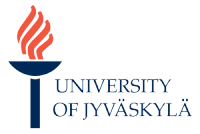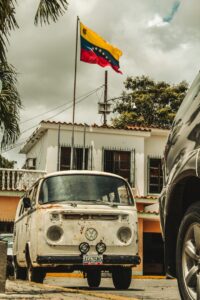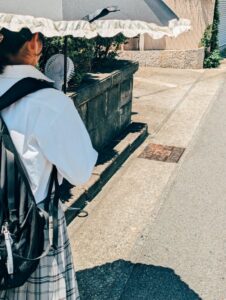
The study “Communities of practice in the production and resourcing of fact-checking” by Stephanie Brookes from Monash University in Melbourne and Lisa Waller from RMIT University in Melbourne was a case study building on the conception of journalism as a “community of practice” looking at CoronaCheck, a covid fact-checking project for RMIT ABC Fact Check.
According to Weiss and Domingo (2010) the communities of practice framework is about how “knowledge and learning are intertwined” and occur naturally within groups. Previous research within journalism utilizing the communities of practice framework has looked, among others, at subcommunities of journalism like sports journalism.
Graves and Lauer (2020) consider the communities of practice approach useful for fact-checking, as the practitioners respond to common challenges. There are other approaches of note, as the authors point out, but they opt to utilize the lens of communities of practice.
A case study was conducted on CoronaCheck, an innovative service that combined traditional fact-checking with the debunking of misinformation. There were eight participants from the organization, of whom seven were named and one was anonymous.
In addition to in-depth, semi-structured interviews of the participants, the researchers read 35 digital newsletters published over six months, and coded the key features in them for descriptive analysis. Many of the interviewees worked also for RACF.
Based on the interviews and other research, four layers emerged about the dissemination and development of the newsletter. First, there were the local connection of RACF, second, domestic partnerships and interactions, third, the global fact-checking network, and fourth, global institutions and actors dedicated to combating misinformation.
Then, there were interconnected communities of practice supporting the work of CoronaCheck. Indeed, this global community makes the work of CoronaCheck possible.
The second theme emerging from the interviews was about the techniques, approaches and resources within the professional networks, and how they in turn give rise to experimentation and problem solving. The interviews also revealed how CoronaCheck was funded and staffed.
The study adds to the emerging scholarship on communities of practice within journalism by revealing the value of the community of practice and collaboration in the case of CoronaCheck. The approach allows for consideration of both professional networks and collaboration.
The article “Communities of practice in the production and resourcing of fact-checking” by Stephanie Brookes and Lisa Waller is in Journalism. (open access).
Picture: Untitled by Sigmund @sigmund.
License Unsplash.














